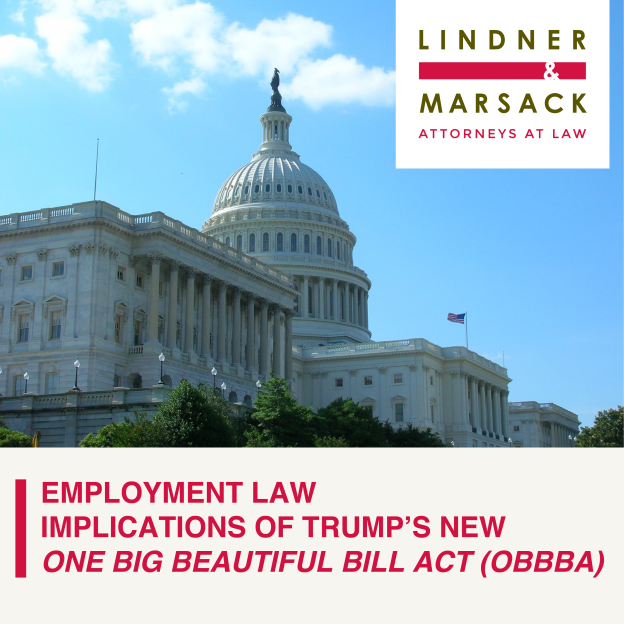By: Luis Padilla On July 4, 2025, President Trump signed into law a budget and reconciliation package known as the One Big Beautiful Bill Act (OBBBA). The following are provisions of interest that will have an Employee/Employer impact. Family and Medical Leave Credits: the paid family and medical leave credit established under the Tax Cuts […]



